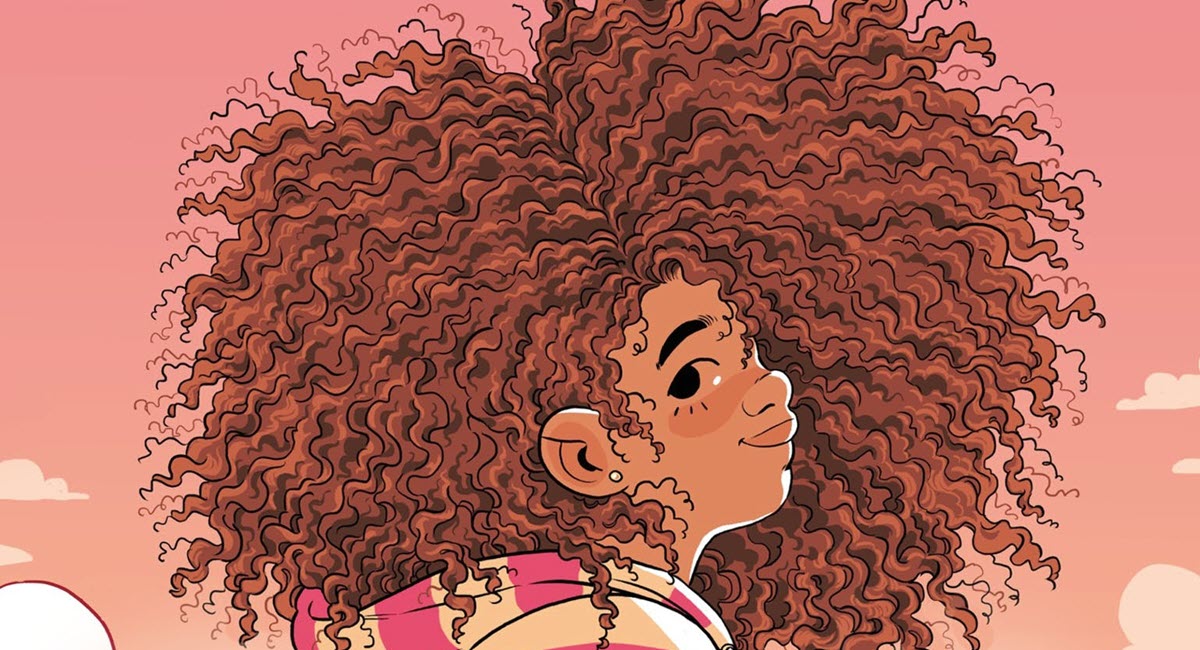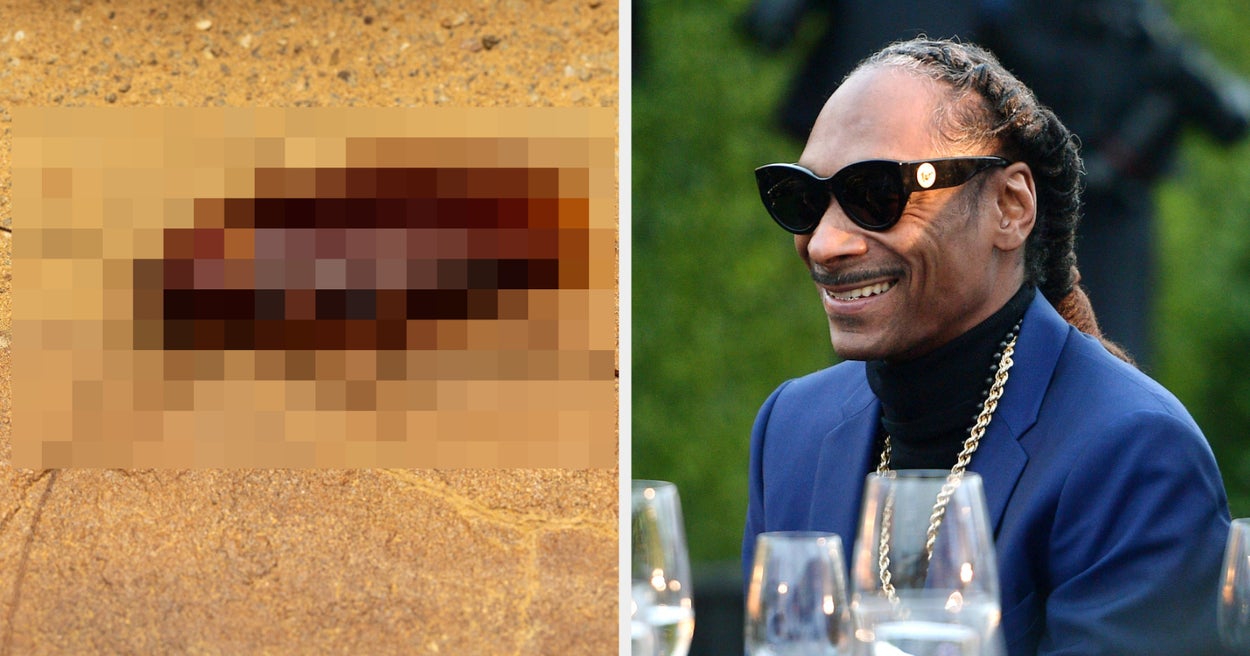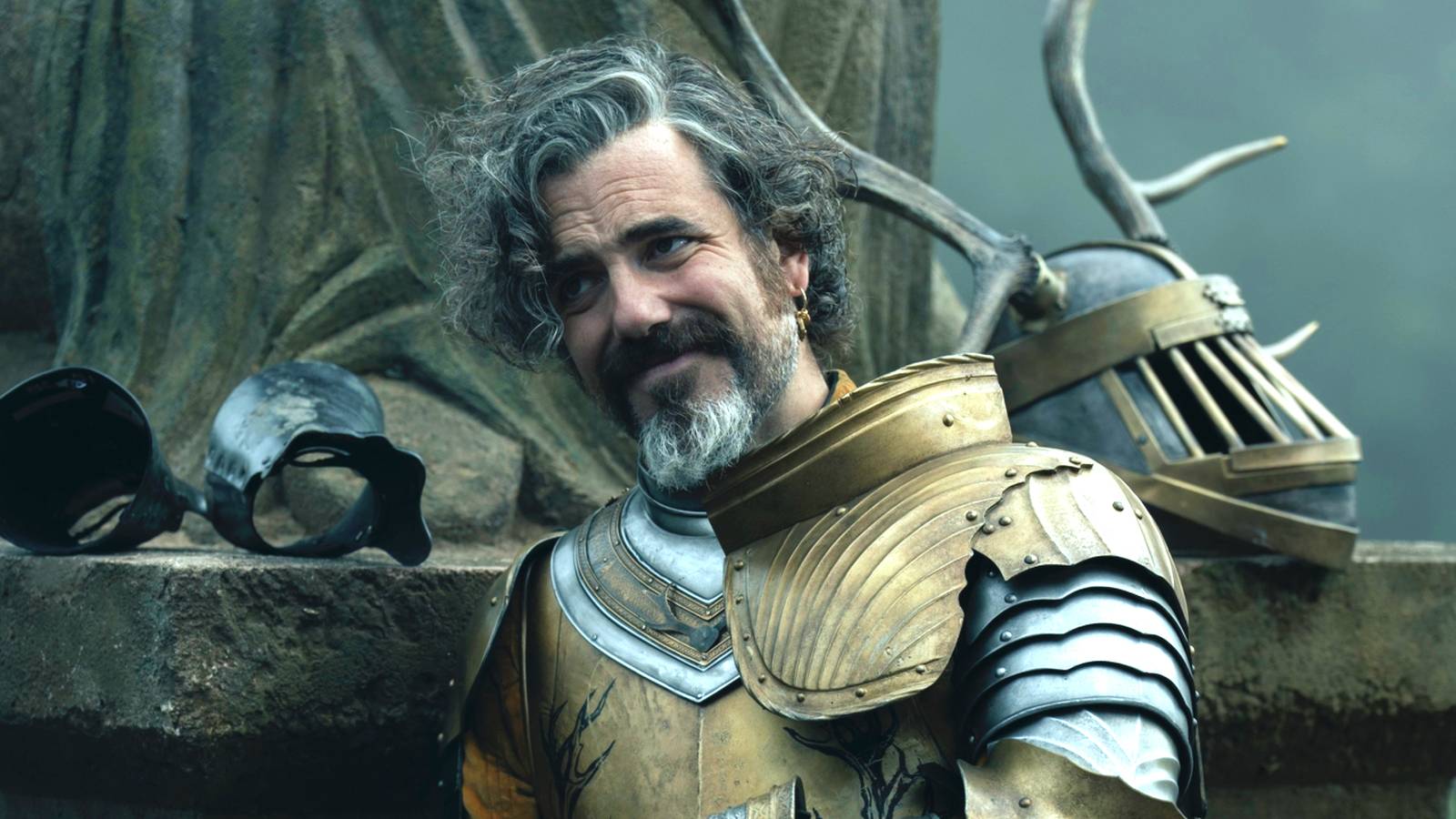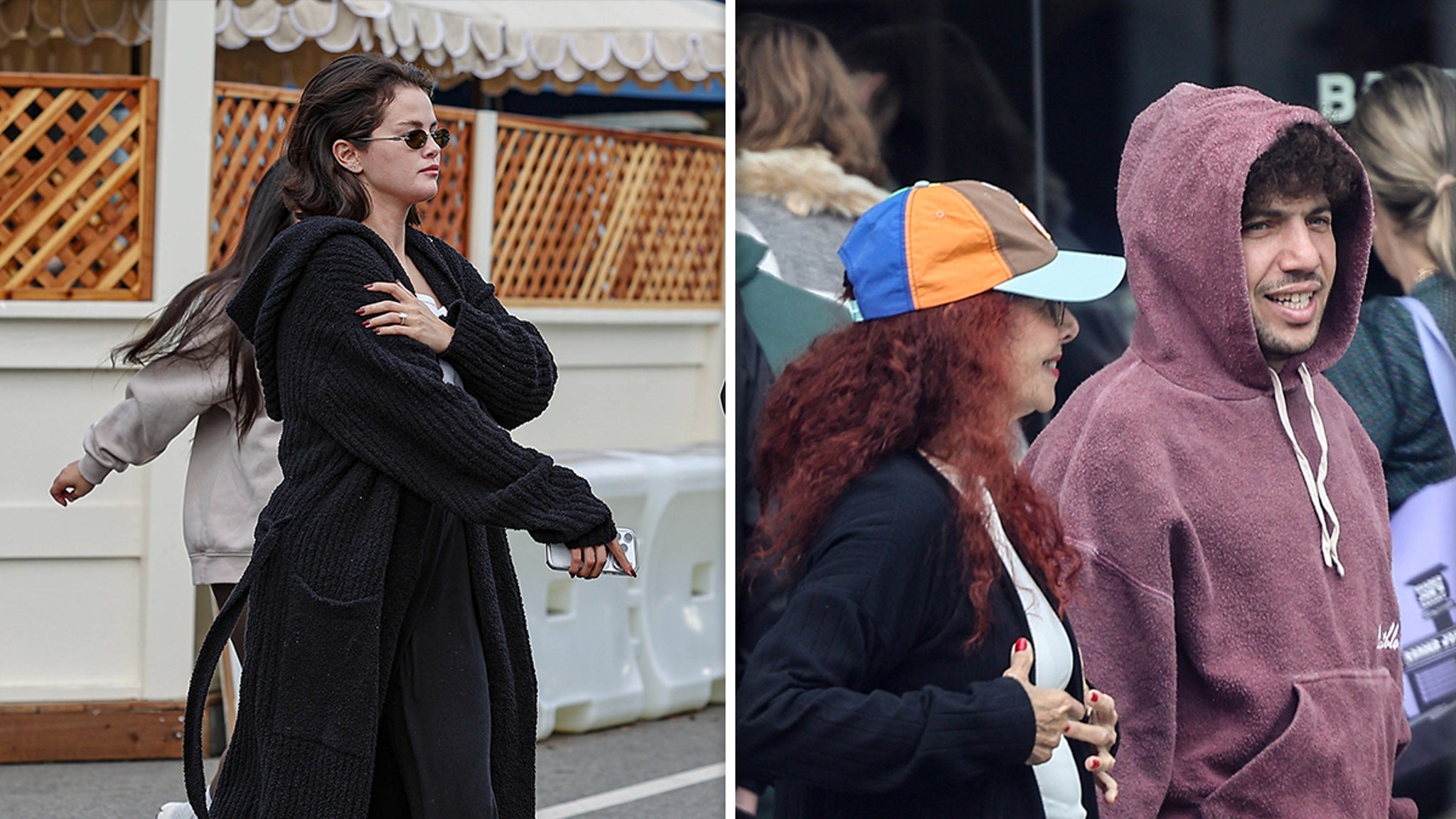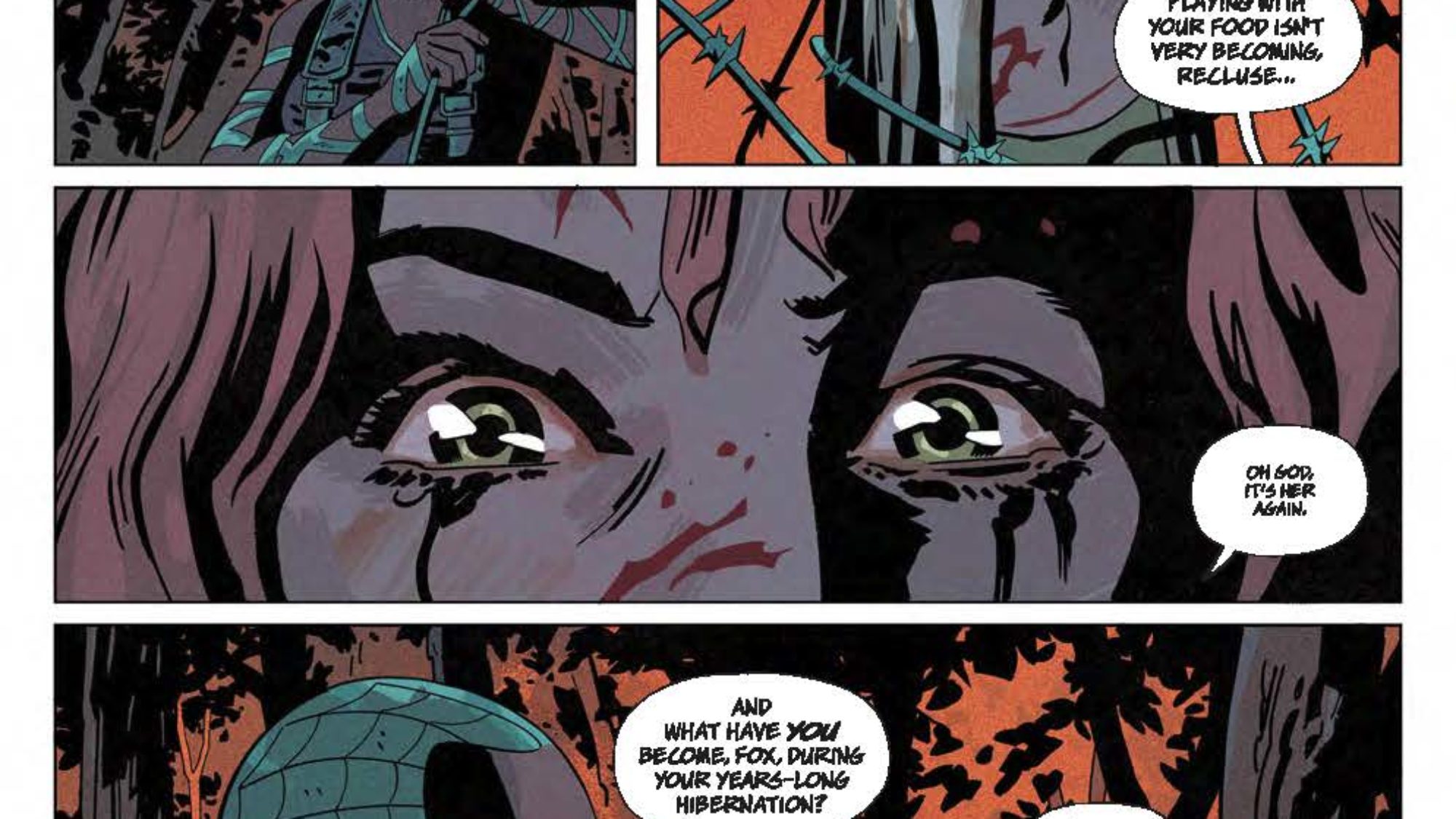yeule is among the ranks of glitch royalty. They have lived and thrived in the complex, oversaturated world of the post-internet, electronic subgenre. And they have stood out for their thoughtful, articulate perspective and uniquely vulnerable voice among an array of artists eager to explore and push the boundaries of alternative contemporary sounds, often to little avail. Though yeule is quick to admit they love the safety of their “shell,” their discography has been a way to divulge some secrets, with a sound that whispers to Courtney Love, Björk, and Pixies.
Truly a multidisciplinary, the Singapore-born, London-based artist was educated at the esteemed Central Saint Martins in fine art, and the attention to detail, curiosity for playing with aesthetics, and ability to both see and hear textures have played a huge role in their work. From one album to the next, yeule, whose name was selected from the cast of Final Fantasy, dives deeper into their fascination with internet culture and the avatar realm, continuing to shed and shift skins and sounds with inevitable personal and creative growth.
Read more: 100 gecs hack the planet
Reeling from the success of 2022’s beloved avant-pop Glitch Princess, yeule is once again making changes — announcing today a forthcoming album, softscars, and a single release with an accompanying B-side, “dazies” and “fish in the pool.” As the album title may reveal, this project is deeply personal, an honest ode to long-held emotional wounds. This, above all other work yeule has released, is an effort to find joy through catharsis — which, as they told AP, they achieved.
When did you start making music?
I started on electronic music production when I was 14. I was really curious from a young age about how music was made, like whether there was a band who wrote the music, who did all the arrangements and everything. Then I realized there’s like a whole team behind it sometimes. But then in most cases of contemporary electronica — I’m talking from my era — there are people who were starting to do everything on their own, like Purity Ring, Grimes, or Salem. At 14 or 15, I saw Grimes play, and she literally had all her equipment in front of her, and I was like, “This fucking bitch does it all by herself.” Then I was like, “OK, these people are doing it, so I’m gonna try.”
My first-ever piece of equipment was this really shitty Cakewalk, secondhand. One of the keys didn’t work — it was sticky. Then I had a mini keyboard, and I was singing with a rock band mics. I started writing stuff on my own, and it took me to figure out the softwares I was on, like Logic. I dabbled in FL, and then I slowly transitioned into Ableton. I just used YouTube or my friends who know the software really well to teach me about it. I was really lucky because I was surrounded by lots of music production nerds from a young age. I remember we would just all hang out at the benches outside the music room. It was so punk. Think about it, passing around like a little thumb drive. Like, “I have no idea whether it is malware or not, but I’m just gonna take ’cause I trust you.”
On the other hand, after high school, you went to CSM. Tell me about your time there. Do you feel like that experience, going to art school, informed a lot of what you’re doing now?
Yeah. I did fine art there for four years, and I feel like moving to London and meeting all these people at St. Martin’s, it challenged me. It was a step that I knew was gonna be boundary pushing. As cringe as that sounds, I think in seriousness, it really challenges you to dictate what you love about style, or the arts, or fashion, or really anything to do with the visual. You have to create something that’s game-changing in order to stand out from what everyone else is doing. Because you realize that there are so many amazing artists who are now in the game with you and you get really inspired, but you’re also trying to create something new. So I think it evolved and shape-shifted a lot of my perspectives. Also, I don’t know whether you’ve lived in London ever, but it’s very harsh. I grew up in Singapore, so my humor and socialization skills were based on Singaporean international school. But when I moved to the U.K., I realized suddenly my sense of humor became really dry.
When did you start going under your artist’s name?
I used yeule as a username on all of my social media. Then when I released music, I wanted my friends to know that it was me. So I just ended up using yeule. But I picked that name from a Final Fantasy XIII character. She’s not one of the main characters, but I thought that her story was very compelling — she can travel through many timelines. The whole concept of XIII is you can travel through history, and the goal is to change history by mending events that happened in the timeline. Ultimately, you get to see what past, present, and future would be like if this thing happened. So Yeul has a curse where she is reborn again and again, but she dies in every timeline because the timeline’s being changed. So because of that, she always meets her demise. It was really beautiful to me. This idea of reincarnation and cycles and I always thought that patterned existence is a thing. I meet people in my life a lot that I feel I’ve met before. It’s just uncanny.
[Photo by Colin McIntyre]
The idea of reincarnation is interesting. If you think about being a successful musical artist or creative, being able to reinvent yourself or facets of yourself are some of the best artist’s qualities. Successful artists are continuously, with each album cycle, growing and changing however slightly. They’re drawing from different inspirations and different influences and different genres, in response to the world and their audience. I like listening to your music because I can hear that. There’s a lot of transformation going on.
It’s like going with the tide of where your mind’s eye takes you. What you’re drawn to will always change. If you look at pictures of me from 2016 all the way till now, you can see I’ve dabbled in so many different avenues of style. I was really into cyber sportswear in 2020. Then [in] 2021, I got really into cottagecore. Then [in] 2022, I was hanging out with a lot of people from New York. Now I’m in a renaissance punk phase, with really beautiful, frilly, Christian-looking dresses that I’m hemming and cutting them really short, so my ass is showing. I want to explore silhouettes next. Junya, Yohji, Comme, looking into shapes. Iris van Herpen is very uncannily nature-centric. It’s all Fibonacci patterns, taken from nature. The transformation of naturalism. I think it’s a beautiful thing to observe.
It feels like we came back to that same topic, rebirth and transformation, even through style. How do you feel like all of those styles that you just outlined through the years have also been echoed in your music?
Well, the music you listen to influences your perspective. What I received as a kid from pop culture in the rock and indie scenes has become something of a nostalgic safe space for me when I wanna feel like I’m OK. For me, it’s emo music and alternative rock like shoegaze and the pop/alternative-rock artists from the early 2000s. I’m talking Avril Lavigne, Smashing Pumpkins, Pixies. I’m a kid again when I’m listening to fucking In Utero. So, during the time I wrote softscars, I was consuming a lot of that. I wouldn’t even listen on Spotify. I would do it on cassette ‘cause that was how I listened to it as a kid. It influenced my sound so much, and it influenced the way I see or pick my aesthetic and sonic direction. It was not only bleeding into my music, but I was bleeding into my fashion sense. It was bleeding into this romanticizing the callousness of being young and having less seriousness about things. So it’s really speckled with delusions, but also I have to do my taxes and this stupid shit — paying rent, utility, paying for my car lease, at the same time. It helps create this really nice zone for me to be delusional and romanticize whatever it is I’m going through so that I can get through it. I think that’s the main reason my music was so guitar-influenced — I was just playing it a lot.
How would you describe the album that’s about to come out? How do you feel this sense of self and passion has bled into it, as a project?
The title of the album is softscars, which is a play on similar thematics to Glitch Princess. The [idea of the] glitch was taken from both cybernetic theory, which is more philosophical and posthuman — using knowledge within code and electronic electronics and being terminally online — subverting the organization of those systems. I’m like a cat, a creature of habit, so when something gets thrown off, I see that as total chaos and distortion. When I was coding a lot — I wasn’t really that intensive of a coder, but I was really into it after doing a short course in it in uni — I found it was a really cool way to integrate noise and in my installations. But when I dabbled into that, I kept getting errors and glitches, and sometimes you just couldn’t fix it. Sometimes I just left it in and people thought it was intentional — and with the music I was making, there were so many times where like sound would clip or my mic wouldn’t do the perfect take, and I realized, “Why don’t I just leave it all in?”
I just saw a correlation between those “mistakes” and how much I tried to control my life. That was where my obsession with glitch originated. And the same thing with scars. I always feel like it’s so personal to tell someone or share with someone what scars you had and how you got them. Whether it was self-harm, abuse, an accident, when you were a kid being silly, falling in a rose bush, accidentally stabbed by your kindergarten classmate…
There are so many moments where I tried to cover up so many of my scars, on my face or like on my arms or my body surgery stuff. But I’ve found beauty in the relics of imperfection. That was the basis of what softscars, as an album, is meant to represent. Each song is a very intricate, detailed explanation of a certain trauma or a certain thing that changed you.
[Photo by Colin McIntyre]
Do you feel like your stage persona is your authentic self? Or an alter ego of sorts?
It might be a bit controversial, but I don’t actually believe that I am different from what I’m presenting. I used to try and separate my personal self from my presented self, but then that creates such a drastic shift, so I just started to become what I was onstage.
I don’t think that’s necessarily controversial, depending on the artist and what they’re presenting. No one else can necessarily dictate what the authentic self really means, sounds, or looks like.
I feel like I’m actually more me when I’m up there. I can really just be uncensored. There’s just so many roles that you have to conform to when you’re living day to day. But then when I stopped caring about that, I started to feel a lot happier. There’s something inside that’s so volatile and fiery that would consume me otherwise. I think a lot of people have that— not just artists, but people in different fields, everywhere.









